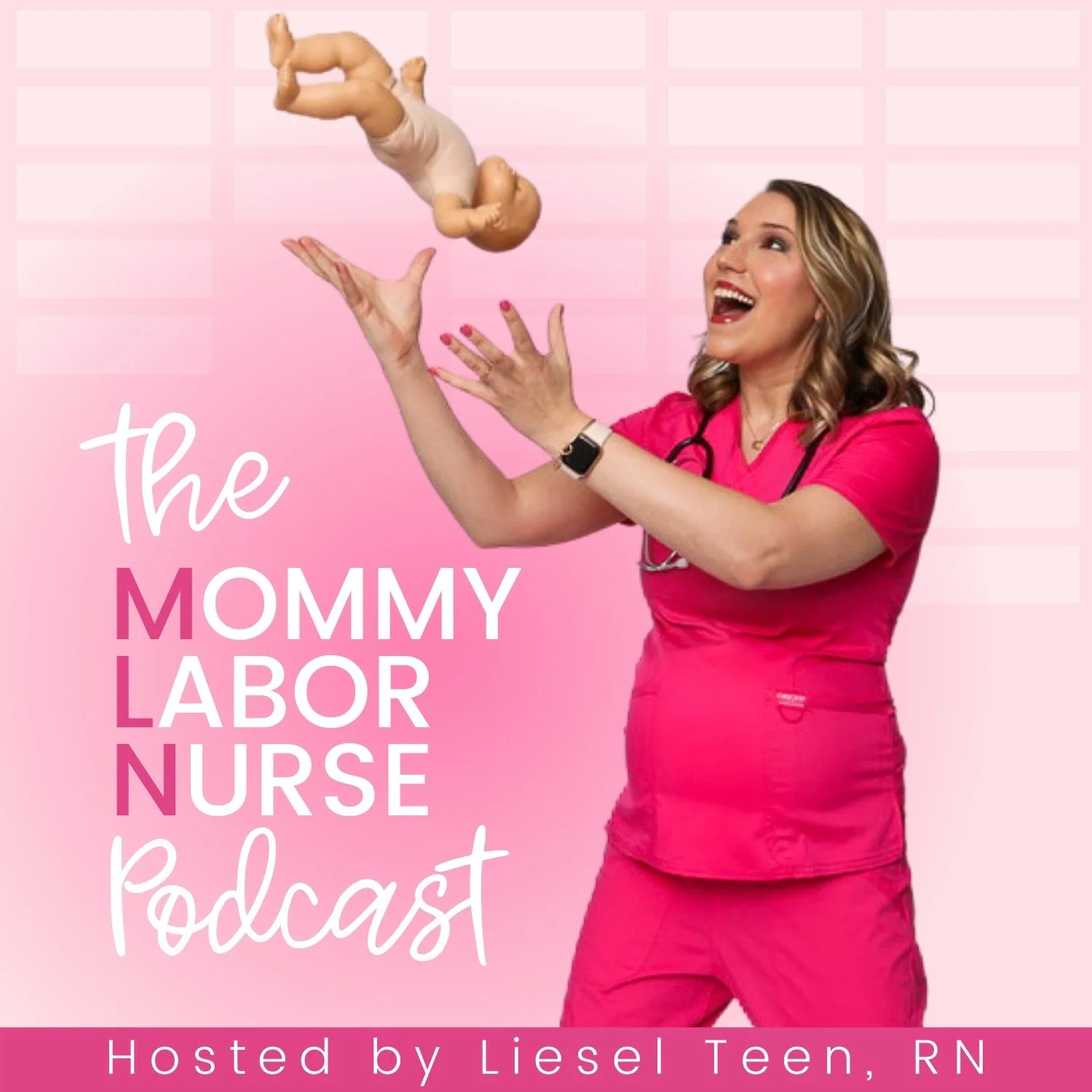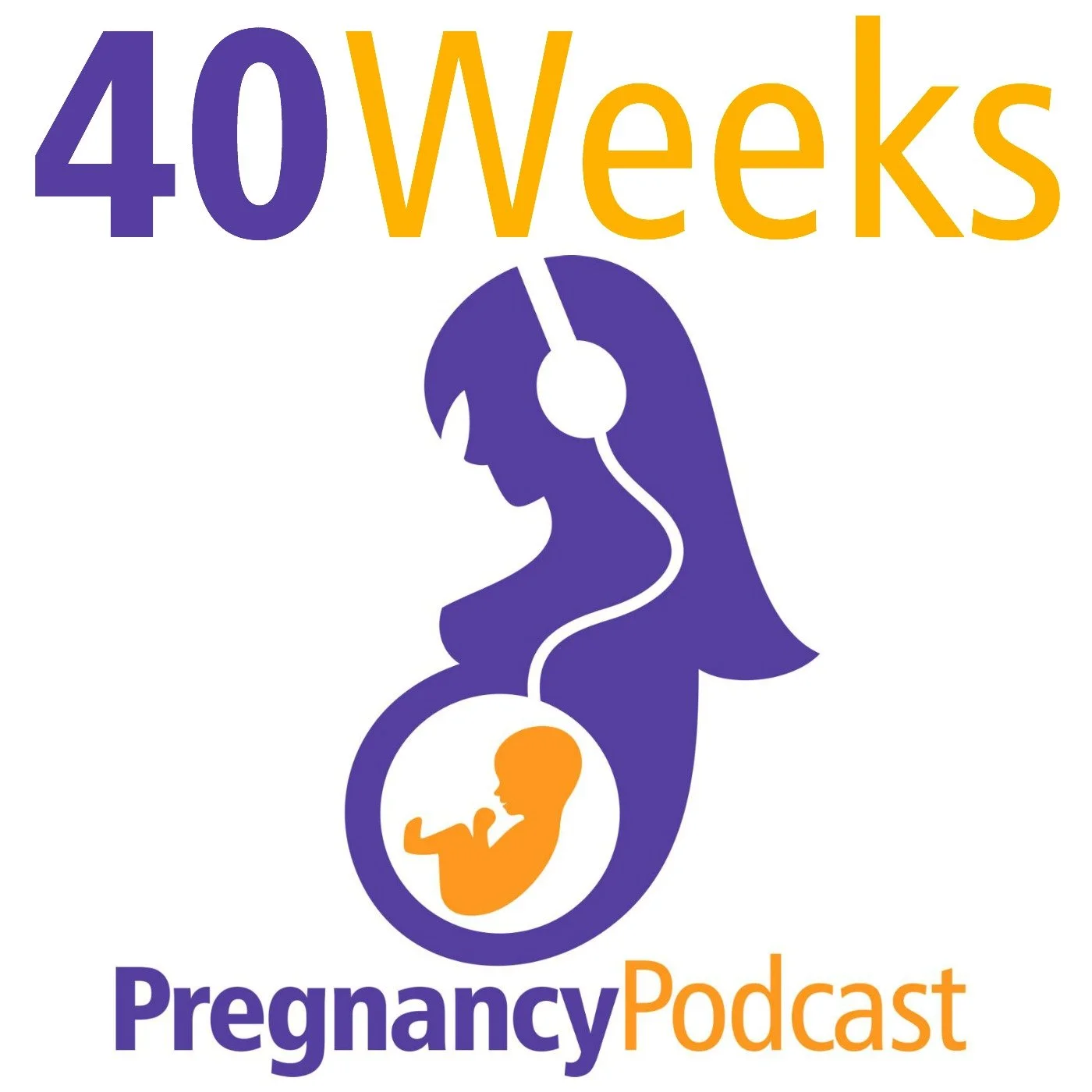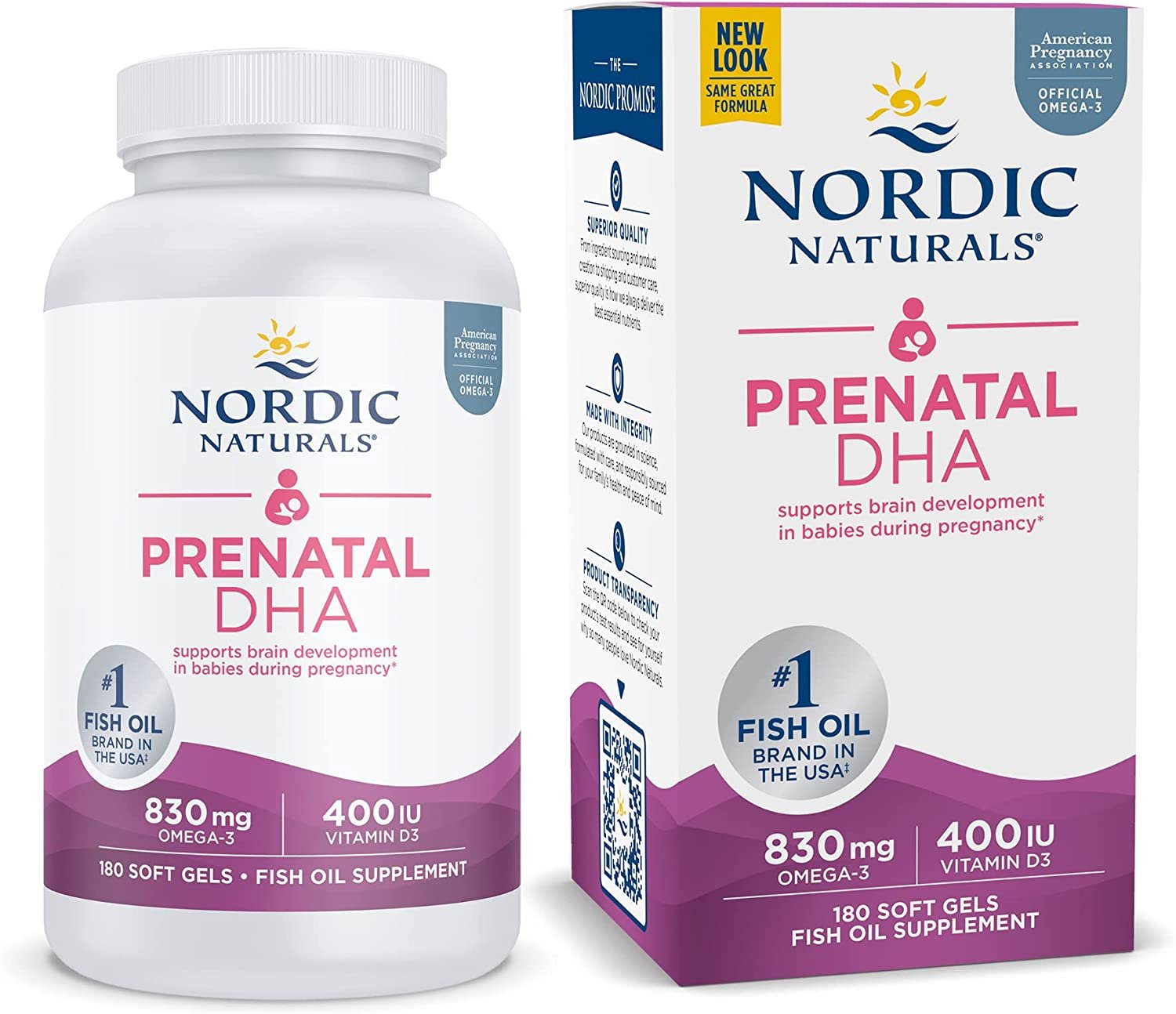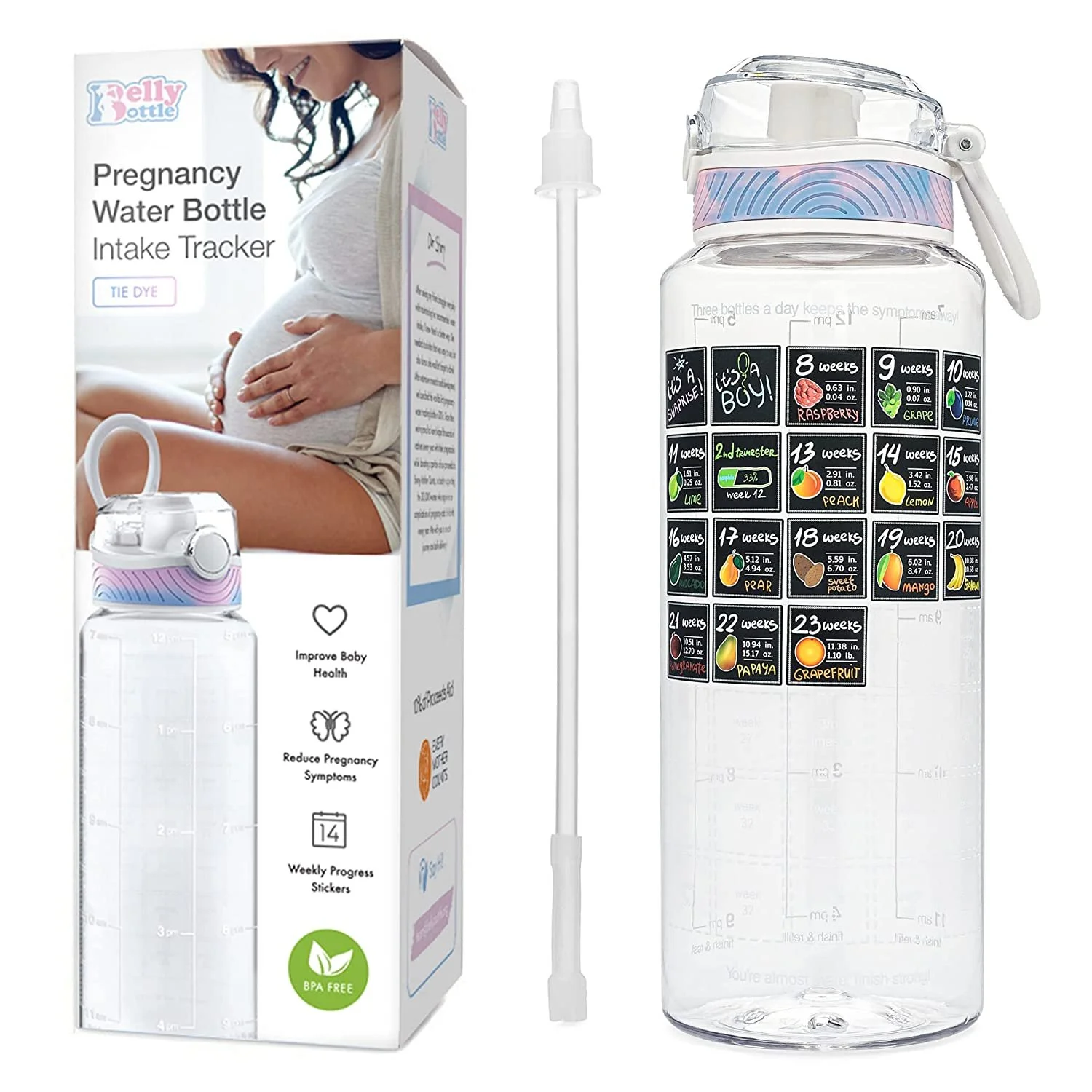The First Trimester
Congratulations, you’re pregnant!
A positive pregnancy test can bring a myriad of emotions. Excitement, sadness, fear, panic, disbelief, or even dread are all common emotions when you first see that positive sign. It is my desire that the resources I have linked on this page will give you direction and confidence going forward as you navigate this new pregnancy.
The first trimester is Weeks 1-12. A lot is happening during these weeks! Your fertilized egg has implanted in the uterus, kick-starting the formation of your baby and placenta. Your baby’s heart starts beating around 5 weeks, and by the end of the 12 weeks, all major organs, limbs, fingers, and toes have developed! As your uterus grows, you might notice you will more frequently need to urinate. This can be annoying but is a normal symptom of pregnancy.
Your due date is determined by either calculating the first date of your last menstrual period and adding 40 weeks or by getting an early ultrasound to see how far along in the pregnancy you are. Due dates are not set in stone. It is often better to say “due month”, referring to the time between 37 to 42 weeks of pregnancy. This is considered the normal range of dates for your pregnancy. Fun fact: only 4-5% of babies are born on their actual “due date.” Evidence-Based Birth has a great, in-depth article on due dates that I highly recommend you check out.
What to consider during this stage:
-
Choosing a trustworthy provider with whom you will build a relationship throughout your pregnancy is a crucial step in this first trimester. Having a list of questions to ask them in your initial appointment will go a long way toward knowing what their philosophy of care is. Some examples are: “What is your cesarean rate?”, “When was the last time you attended a natural birth?”, and “How can I best prepare to have the natural birth that I want?” The book Natural Hospital Birth has more information on interviewing and choosing a care provider (pp. 72-80).
-
Common discomforts during this trimester are nausea and vomiting, breast and nipple tenderness, fatigue, and frequent mood swings. It is important to try to incorporate protein into your meals and to frequently have high-protein snacks to help alleviate nausea. Peppermint tea and ginger can also help relieve persistent nausea.
-
You might wonder when is the best or correct time to tell your family and friends. The answer? There is no correct time! Just as this pregnancy is completely unique, you and your circumstances are, too! Some people like to tell everyone as soon as possible. Others want to keep it a secret between them and their partner until the second trimester. Whenever you decide to let people know about your coming baby, that is the right time!












